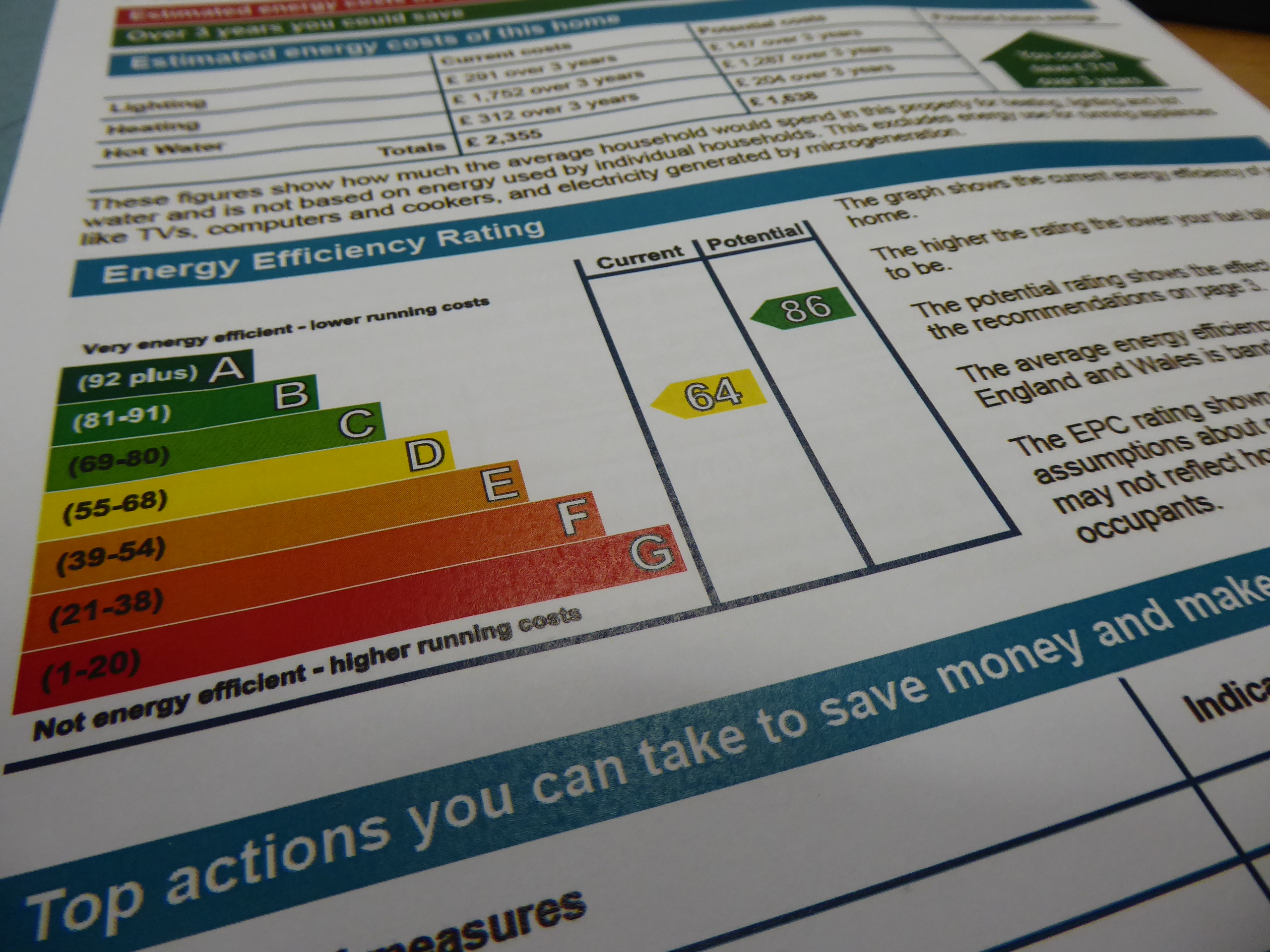Energy Rating to Rise to a C
With the governments aim to reach its net-zero target by 2050 they have announced new standards to raise all new tenancies to a C or above by 2025.
An Energy Performance Certificate (EPC) provides a detailed picture of a property’s energy efficiency and CO2 emissions. As a landlord, you need to ensure that your property has an EPC that meets the latest regulations — the Minimum Energy Efficiency Standards (MEES). "A" is the best possible score and "G" is the poorest. Currently, your property must achieve a valid EPC rating of E or above, or it cannot be legally let. An EPC is valid for 10 years and currently doesn't need to be renewed unless a new tenancy is created.

What can you do?
- Check your EPC rating
- Look at the recommendations to raise your rating
- It may be worth having an new EPC done if you are a few points off as the parameters do shift over time
- See if you can apply for an exemption at prsregister.gov.uk
- If you own a number of older properties, it makes sense to begin budgeting and planning — you might find that some of them qualify for the exemption
What will happen if I can’t afford to make the improvements to my rental homes in time?
Currently if you make improvements that cost up to £3,500 and your property still doesn't reach an E you can register for an all improvements made exemption.
However, under the proposed changes from 2025, landlords may need to pay up to £10,000 to get rental properties up to a C rating before being eligible for a further exemption.
How will this impact tenants?
The changes to EPC rules could have an impact on tenants as landlords consider how to fund the improvements. Some might see their rent rise as landlords contemplate passing on the cost of improving their properties’ energy efficiency rating directly onto their tenants.
Looking ahead we would expect rents to naturally rise due to the improved EPC rating. This is because tenants can expect lower energy bills, with these properties being more likely to have a range of energy-efficient features as standard.

